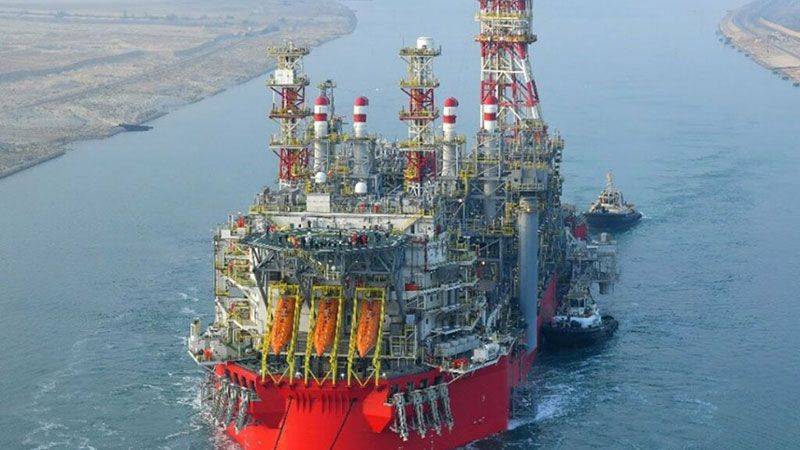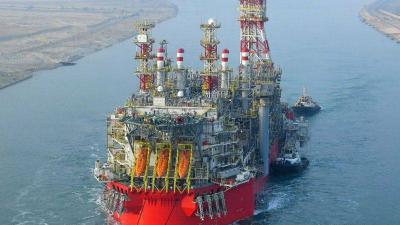What will American envoy Amos Hochstein learn today upon his arrival in Beirut from the Lebanese side, especially as Lebanon's position regarding the proposals Hochstein presented to the government last February remains unclear? Expert sources in the internationally disputed border demarcation expressed to "Al-Anbaa" electronic that they doubt the official Lebanese response to Hochstein's inquiries will match the campaigns launched by official and unofficial representatives following Israel's announcement of the arrival of the "Engineering Power" vessel, which will drill and extract gas from the Karish field. These sources compared these campaigns to movement without benefit, arguing that this approach in international disputes leads nowhere, as it is often subject to international laws, especially in countries with chronic hostilities, as is the case between Lebanon and Israel.
The sources noted that "populist positions and random threats weaken the Lebanese stance and serve no purpose," pointing out that the meeting between President Michel Aoun and the resigned Prime Minister Najib Mikati, which was absent from House Speaker Nabih Berri, did not yield any new information and will not provide the specific and clear answers Hochstein is seeking. This leads to two possibilities: either amend decree 6433 and return to the negotiation table to slightly improve Lebanon's terms, or accept Lebanon's position along line 23 and begin drilling while maintaining its oil wealth. Anything outside of these two options would complicate matters and deprive Lebanon of its resources, especially after Iran's involvement in the negotiation process in Vienna.
Legal expert Professor Said Malik stated in an interview with "Al-Anbaa" electronic that the only constant is that the government must make a political decision regarding Lebanon's demands and whether line 23 will remain or if decree 6433 will be amended to include line 29 as part of Lebanese borders. In this case, it is up to the Council of Ministers to take the appropriate decision. Malik indicated that the delay by Prime Minister Najib Mikati in calling for a government meeting is a significant error regarding this stalled issue, as its resolution falls under the executive authority. He said, "The state was supposed to amend decree 6433 and present it to the UN Security Council to affirm Lebanon's rights, and then initiate indirect negotiations with Israel starting from Lebanese borders via line 29 if an agreement is reached to guarantee our rights, because we cannot approach the United Nations concerning violations of territorial waters as long as line 23 is the recognized line, and as long as the Lebanese government has not officially and legally adopted this line as the Lebanese borders."
Strategic expert Dr. Lori Haytian pointed out that there has been no change in the overall scene; officials remain steadfast in their position regarding line 23, discussing a disputed area of line 29 instead of taking any steps to affirm Lebanon's rights. She noted in an interview with "Al-Anbaa" electronic that Hochstein wants to understand the demands of the Lebanese state and does not wish to hear anything else. He also wants to explain that line 29 is not fixed and cannot be considered the Lebanese border, and that the Karish field lies outside the disputed area and negotiations could take place over the area of 860 square kilometers.
Regarding the equation of Qana versus Karish, Haytian perceived that Karish is an already explored field while Qana is unexplored, deeming this equation unrealistic and incorrect, likening it to relinquishing something existent in exchange for something non-existent. She stated that Qana would require a partnership with Israel; if gas is found there, it would be shared. If Lebanon continues to claim that Karish is disputed, it is clear that it has conceded line 29 and accepted line 23, considering it now has the American offer while simultaneously seeking to obtain the area of 860 square kilometers. She questioned why Israel would concede an area of 860 square kilometers, viewing Hochstein's offer as essentially dividing blocks 8 and 9 with Israel. The only matter that could change the course of events would begin with amending decree 6433 to press on Karish, as other than that, no changes are anticipated unless there is a deal that Lebanon will not submit to Israel unless it secures what is referred to as Qana.




